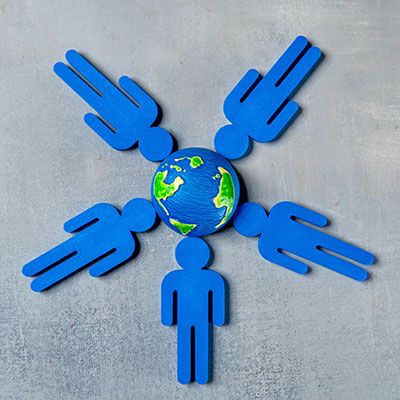The integration of Artificial Intelligence into Human Resources and hiring processes is transforming traditional recruitment methods. While AI offers efficiency and scalability, it also raises concerns about fairness, bias and compliance, especially within the European regulatory landscape.
The Evolution of Recruitment
Traditional recruitment has often been characterised by manual processes: reviewing CVs, conducting interviews, and making decisions based on human judgment. AI is now automating many of these tasks, from screening applications to scheduling interviews. This shift allows HR professionals to focus more on strategic initiatives and employee engagement.
For instance, LinkedIn’s AI-powered “hiring assistant” can generate job specifications, search for suitable candidates, draft personalised messages and manage scheduling, thereby streamlining the recruitment process. The Times

Benefits of AI in Recruitment
Efficiency and Speed: AI can process large volumes of applications quickly, reducing time-to-hire. BCG Global
Enhanced Candidate Matching: AI algorithms can match candidates’ skills and experiences with job requirements more accurately. BCG Global
Bias Reduction: Properly designed AI systems can help mitigate unconscious human biases in the hiring process.
Cost Savings: Automating routine tasks can lead to significant cost reductions in recruitment.
Challenges and Concerns

Despite the advantages, AI in recruitment is not without its challenges: hardis-group.com
Algorithmic Bias: AI systems trained on historical data may inadvertently perpetuate existing biases, leading to discriminatory outcomes. TalentEdgeAI
Transparency and Explainability: Understanding how AI makes decisions is crucial, especially when candidates are rejected based on algorithmic assessments.
Data Privacy: Handling sensitive candidate information requires strict adherence to data protection regulations like the GDPR.
Candidate Experience: Over-reliance on AI can lead to impersonal interactions, potentially alienating candidates.
Regulatory Landscape in Europe
The European Union is taking proactive steps to regulate AI in recruitment: relocatemagazine.com
EU AI Act: Classifies AI systems used in employment as “high-risk,” requiring strict compliance with transparency, accountability and human oversight standards. Clifford Chance
GDPR Compliance: Ensures that personal data used by AI systems is processed lawfully, transparently and for legitimate purposes.
Companies must conduct regular audits of their AI tools, ensure vendor compliance and educate HR teams on responsible AI usage.
The Human Element Remains Crucial
While AI can enhance recruitment processes, the human touch remains indispensable: EURES
Empathy and Judgment: Human recruiters can assess cultural fit, motivation, and interpersonal skills in ways AI cannot. The Times
Building Relationships: Personal interactions foster trust and engagement with candidates.
Ethical Oversight: Humans are needed to monitor AI systems for fairness and compliance. hardis-group.com
Final Thought
AI is reshaping recruitment, offering numerous benefits in efficiency and decision-making. However, it is not a panacea. Balancing technological advancements with human insight and ethical considerations is essential. By embracing AI responsibly, organisations can enhance their recruitment strategies while upholding the values of fairness, transparency and human connection.
Victor A. Lausas
Chief Executive Officer




